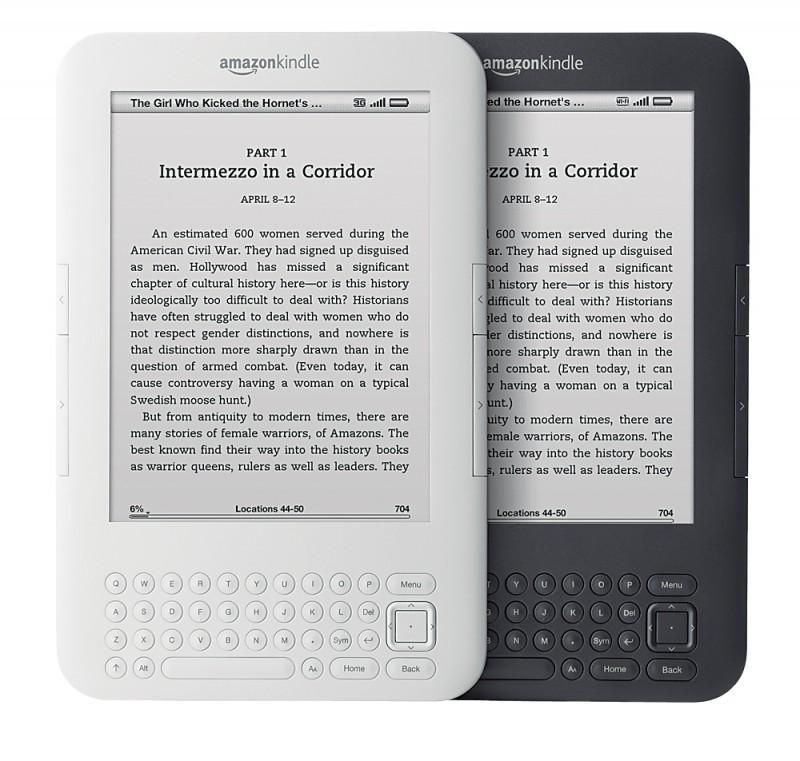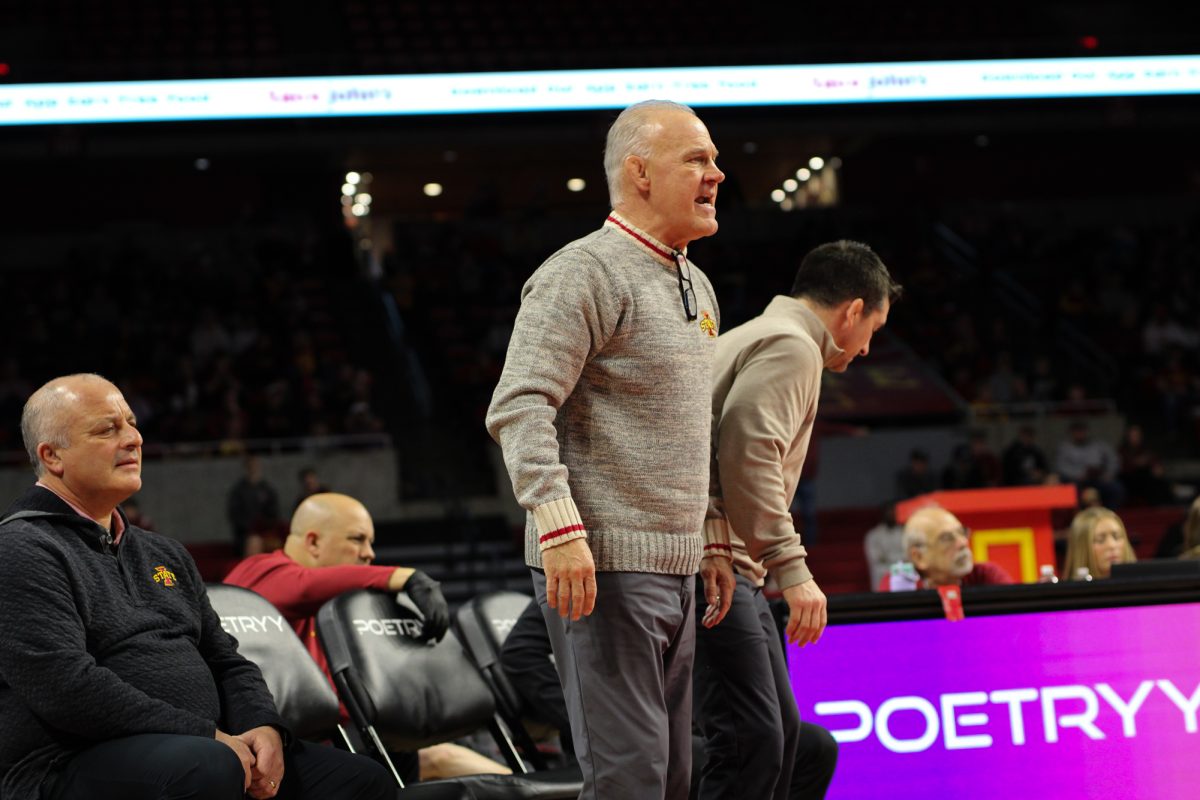Belding: Deliberate choices lead to fulfilling experiences
The e-book market is mainly dominated by two devices, the Amazon Kindle and the Barnes & Noble Nook.
October 31, 2011
You have all the world’s information at your fingertips. All the accumulated knowledge of the world and its ages lie within our grasp. And we do indeed consume it, thoroughly even. But all too often we have no idea what it actually is.
Do you have a Kindle? Your device can hold 1,400 books. You can choose to buy one of more than 800,000, or you can download millions of books published before 1923.
Do you have an iPod? Depending on the model you have, you can store up to an estimated 40,000 songs on it.
Internet radio services keep you tuned in to music an algorithm has determined you’ll enjoy, based on preferences you’ve indicated. And sure, you have the power to skip songs and move on to something that is more like your cup of tea, but you could go whole days starting your Pandora radio station and never making a conscious decision for yourself about what it is you’re experiencing.
I was visiting a friend in his office as he listened to his own Pandora station. I recognized the Bach coming out of the computer speakers and, suspecting Yo-Yo Ma was the cellist, asked who the cellist was. Apparently misunderstanding the question, when my friend switched to that tab of his Internet browser, he just said what piece was playing.
“Yes, I know that,” I said. “Who’s the cellist?”
Still misunderstanding, I was informed of the composer, and then the orchestra. When I restated my question, he was fed up with the distraction I presented and gave a flat-out “I don’t know.”
Granted, I shouldn’t have been bothering him. And no, this isn’t something he typically does. Usually he deliberately chooses what he listens to. But the event got me thinking: How often do we allow others to choose our experiences for us? How often are we spoon-fed the things we enjoy? How often do we actually make a move of our own and chase after objects of interest?
Listening to the stories your parents read to you every night before bed is all very nice, but at a certain point you have to start choosing the literature you’re exposed to, and you have to start doing the reading yourself. “Little Red Riding Hood” is a good story with a good ending, and you’ll be able to keep up with that conversation at first-grade lunches, but “Anna Karenina,” written by Leo Tolstoy, has so much more going on in it, is so much more elegant and contains much more powerful messages. Good luck reading that one in a night.
The same goes for music. Although the music I listen to and enjoy is more or less the music I was exposed to in car rides with my dad, or the music on the CDs my mom brought home from her shopping trips, I have my own tastes too. Some nights I deliberately choose Frederic Chopin, composer and pianist, over Franz Schubert, composer, because I just can’t take pianist Krystian Zimmerman’s bombastic renditions of Schubert’s Impromptus. (Did I lose you yet?) Some nights I choose Buddy Holly over Elvis. (Are you still lost?) Let me put it this way: Sometimes I prefer Maroon 5 to Katy Perry.
So instead of just listening to the radio because it’s the radio and the music playing is the music playing, I change radio stations. Or I change the song or album or artist my iPod is playing. Why do I have music ADD? Because I still haven’t found what I’m looking for.
Affectionately, I refer to TV sets as “black devil boxes.” To be honest, I do actually enjoy watching TV programs and movies. But when I see my siblings sit in the living room for five hours on a Saturday when the sun is shining and the autumn air is crisp, I pause. I pause because they’re not watching TV because it’s engaging or they enjoy it. They’re watching the channels and programs on it because that’s what’s on. They’re doing it because it’s the easy option.
Weren’t we all supposed to learn about two roads that diverged in a yellow wood, and how choosing the one less traveled made all the difference?
Maybe that’s why we’re in such a rut. Maybe our inability to go out of our way and put forth some effort is why so many Americans are unemployed, so many Americans have no faith in anything (including themselves and their own abilities), and so many American children grow up without role models of more substance than Paris Hilton or Justin Bieber.
Knowing all the facts of the world is useless without an ability to make conscious decisions about which ones matter and which ones are very interesting, but irrelevant. It’s too bad that sifting through the mud to find the flakes of gold that are actually valuable takes too much effort.







